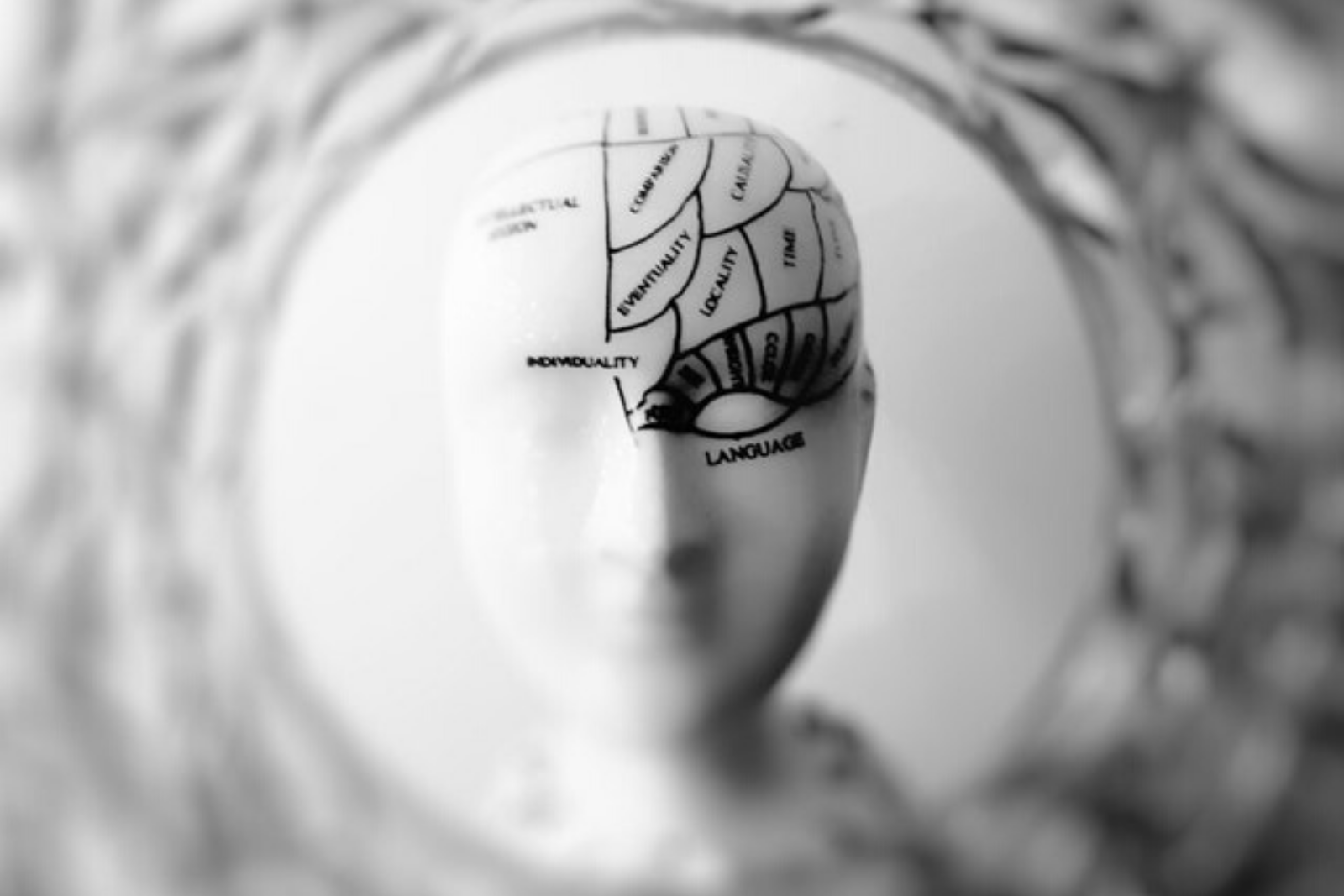To continue to raise awareness for National Aphasia Month, and to follow on from our previous article about Types of Aphasia, we look at the various aphasia treatment approaches.
Aphasia Treatment
Aphasia is a communication disorder that affects a person’s ability to process language. It may develop after a stroke or brain injury or as a result of a neurological disorder or infection. People with aphasia may struggle to speak, understand language, read or write.
Speech and language therapy
Treatment will depend on which type of aphasia a person has and how severely they are affected. If the brain damage is mild, the individual may recover their language skills without needing to have specialist treatment. However, most people with aphasia have some kind of speech and language therapy to help them to recover their language skills as much as possible and develop other ways of communicating.
It is unusual to regain pre-injury levels of communication even after treatment, however certain factors appear to affect treatment outcomes. Starting soon after the brain injury has been shown to be effective, according to some studies, and working in a group environment with other people affected by aphasia may also help. Computer-assisted therapy is increasingly being used to help people to relearn word sounds.
Aphasia treatment approaches
Aphasia treatment falls into two main categories. It is likely that most people with aphasia will be treated using both. As the condition develops, the treatment will be adjusted to ensure it remains effective.
Impairment-based therapies
Impairment-based therapies are designed to stimulate listening, speaking, reading and writing. The aim is to improve language function over time by attempting to repair the damaged areas. A speech-language pathologist may set particular tasks that enable the person to understand and speak as well as they are able. Computer software may be used to improve word-finding, comprehension and day-to-day problems.
Among the types of impairment-based therapies are:
- Constraint-induced therapy – this follows similar principles to physical therapies for paralysis which restrict or constrain functional parts of the body in order to force the damaged areas to work. In constraint-induced therapy, people with aphasia may be constrained from using gesture to communicate in order to encourage them to use their impaired speech. The therapy is done in short bursts – usually two or three hours a day for a period of two weeks. It is normally done alongside communication-based therapy which encourage people with aphasia to use whatever abilities remain available to them in order to communicate.
- Tele-rehabilitation – this is a new approach currently in the early stages of development. It uses webcam and the internet to enable the person with aphasia and the therapist to be able to interact remotely.
- Melodic intonation therapy – this is based on the principle that certain types of aphasia leave people able to sing but not speak. This therapy uses melody to enable people with the condition to construct sentences. It is suited to people who have a good level of understanding of speech and some ability to express themselves.
Communication-based therapies
Communication-based therapies are designed to help people with aphasia to manage the day-to-day challenges of their condition by learning how to communicate using any means. The aim is to overcome frustration by helping people to make themselves understood.
Among the types of communication-based therapies are:
- Supported conversation – this approach uses volunteers who engage in conversations with people who have aphasia. Supported conversations help to enhance the confidence of people who have lost their natural ability to communicate and have conversations.
- PACE (Promoting Aphasics’ Communicative Effectiveness) therapy – this introduces elements of conversation into a simple picture-naming procedure.
- Conversational coaching – this aims to increase the confidence of someone with aphasia by scripting conversation. A computer programme called AphasiaScripts features a virtual therapist who helps and supports the person with aphasia.
Dementech specialise in diagnosing and treating neurological disorders including all types of aphasia. Following diagnosis, we can discuss the most appropriate treatment approach for you. For more information contact our experienced and friendly team.





